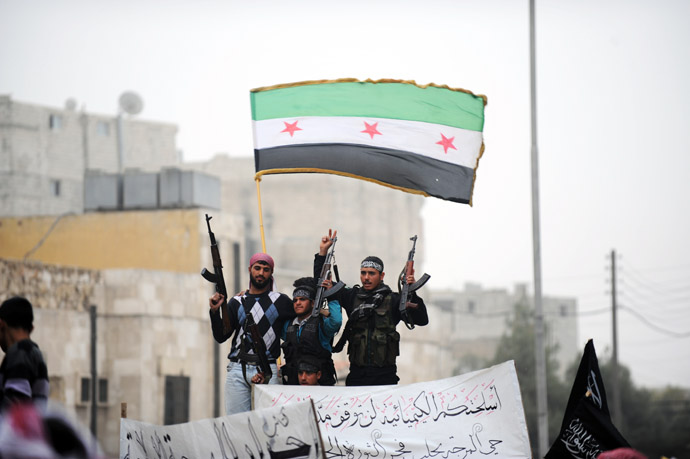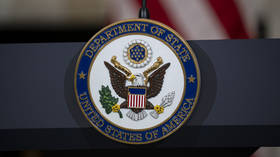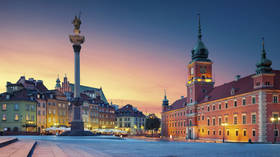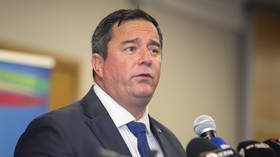‘Clampdown on Islam in Europe drives young Muslims to Syrian war’
Backslash on multiculturalism in Europe and easy access to global jihad info on the web prompts young Muslims from France and other EU states to join the Syrian rebels, Jean-Yves Camus, a specialist on extremism, told RT.
The EU's anti-terror chief, Gilles de Kerchove, is sounding the
alarm over the number of young Europeans going off to the Syrian war.
Hundreds of volunteers are already fighting alongside rebels and
could pose a serious security threat when they return home,
according to the official.
Specialist in extremism at the Institute of International and
Strategic Relations, Jean-Yves Camus, shares those concerns, adding
that the rise of radicalism in Europe can be also explained by the
many conflicts in the Muslim world the West had a hand in.
RT: The French government has been one of the
strongest supporters of the Syrian rebels and even wants to arm
them directly. Is Paris not worried about the threat of homegrown
terror?
Jean-Yves Camus: Paris is, of course, aware of the trend
towards home grown terror and we had the Mohammed Merah shooting
last year, which fairly proved that this wasn’t something
unrealistic that a young radicalized Muslim may go out onto the
street and shoot youngster in a Jewish school. On the other hand,
the French government is also aware that the youngsters from the
Muslim community are going to Syria as they used to go to Iraq or
other places of the global jihad, in order to train alongside the
Al-Qaeda fighters and other militant Muslim movements. So, they are
aware of that and already our security services have arrested
several of them – either before they travelled to Syria or even on
the return.

RT:Hundreds of Europeans are said to have been
flocking to Syria to fight for the rebels. What's driving this
trend?
JC: This trend is part of a more global dissatisfaction of a
growing number of young Muslim people living in Europe with the way
of life and the way Islam is accepted or not in certain countries.
We have, in Europe today, some kind of a backlash against the
multicultural society. We used to be multicultural in the 1970s and
80s and nobody realized that the multicultural society also has a
lot of drawbacks. So there’s a movement within European societies
today to go back to more conservative approach to multiculturalism.
And also there are questions about the place of Islam in the
European society.
RT: Do you think taking this conservative approach is the
right way to do it?
JC: We – I mean the French state and most of the native
French people – want a more conservative approach to the
multicultural society in the sense that we fear that we have,
maybe, not been conservative enough on saying to those young Muslim
people: ‘You are living in France and you should abide by the laws,
of course, but also by the codes of the mainstream culture.’
RT: How have Western interventions in Muslim countries
over the past decade affected radicalism in Europe?
JC: Yes, of course. Today, when you go on the internet, you can
watch a lot of videos of the global jihad from Afghanistan, Iraq,
Syria or any other place in the world. Some young Muslim people
spend their day infront of a computer just looking at those videos.
And they feel a kind of solidarity with the young Muslims in other
parts of the world. And this is one of the reasons why you can be a
homegrown terrorist today even without traveling to combat zones.
You can do it by yourself.
The statements, views and opinions expressed in this column are solely those of the author and do not necessarily represent those of RT.












